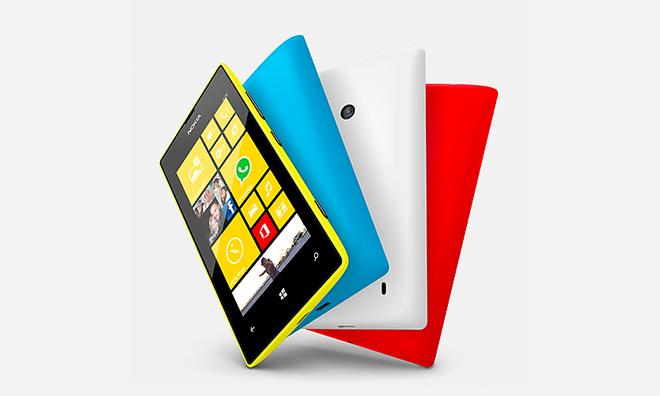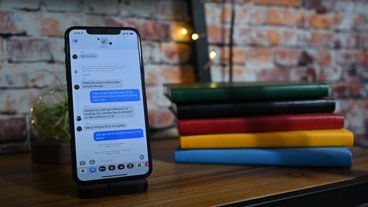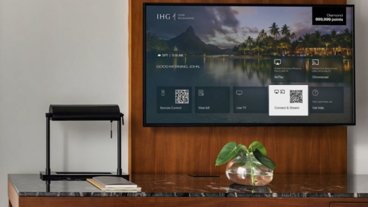Telefónica looks to break iPhone and Android 'duopoly' with aggressive Windows Phone 8 push
Unsatisfied with the current state of affairs in the mobile marketplace, one Spanish wireless carrier is looking to shake up what it calls an iOS and Android 'duopoly' by pushing Microsoft's Windows Phone 8 on its networks in Europe and some emerging markets.
Nokia's Lumia 520 may be one of the low-end devices Telefónica will push in emerging markets.
Spain's Telefónica announced on Wednesday that it would be pushing forward in a joint effort with Microsoft to popularize that company's struggling Windows Phone 8 operating system in order to mitigate the dominance of both Apple's iPhone and Google's Android operating systems in the mobile sector. For at least one year, the Spanish carrier will be hawking Windows Phone 8 devices with enhanced marketing in the United Kingdom, Germany, Spain, Mexico, Brazil, and Chile.
A release from the company points out its commitment to supporting "additional mobile operating platforms as an alternative to the current duopoly of Android and iOS." The partnership will require the carrier to work with Windows Phone 8 device manufacturers to ensure that their handsets are available in the affected countries.
In a statement, Telefónica's chief operating officer José Maria Ãlvarez Pallete said that Microsoft's willingness to partner with carriers was a chief reason behind the decision.
“An associate partner such as Microsoft is chosen as a result of its operator-focused business approach. The Microsoft business culture is based on a model of value creation through its partners associates, which fits in perfectly with our culture and also with our way of doing business,†Pallete said.
Apple famously has been unwilling to let carriers preinstall software on its iPhone, something that Microsoft may be more willing to do in order to grow market share for Windows Phone 8. Google, meanwhile, often has services — such as mobile payment systems and location services — that duplicate features that carriers would like to provide to their customers for a fee.
Currently, Windows Phone 8 sits in a distant third place in the smartphone OS race, with just seven percent of shipped devices in the first quarter of this year. Android and iOS, by comparison, combine to account for more than 90 percent of devices shipped.
Telefónica is no stranger to supporting alternative operating systems in the face of Android and iOS' dominance. The carrier is also a partner in the Firefox OS alliance, and it will, along with a number of other carriers and manufacturers, market devices running that operating system in developing markets.
 Kevin Bostic
Kevin Bostic











 Andrew Orr
Andrew Orr
 Wesley Hilliard
Wesley Hilliard
 Amber Neely
Amber Neely

 William Gallagher
William Gallagher

 Malcolm Owen
Malcolm Owen








